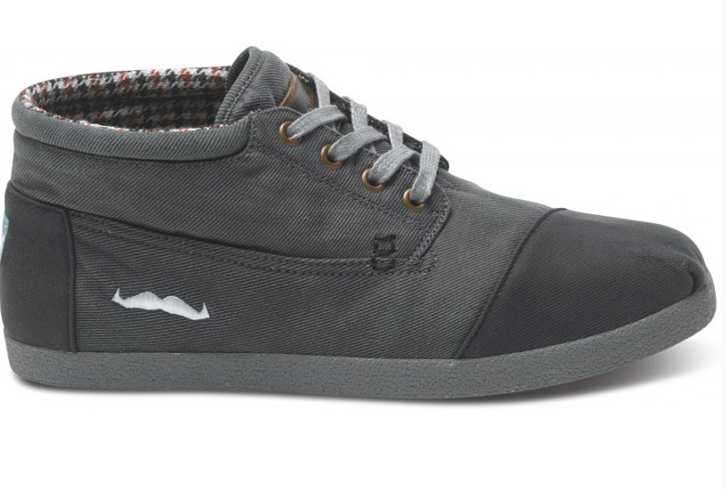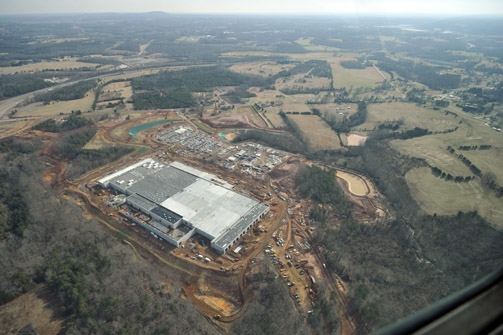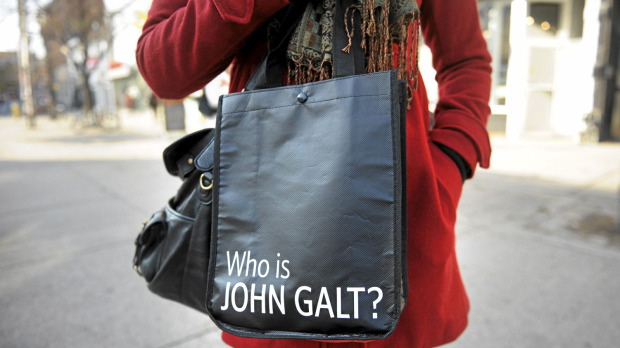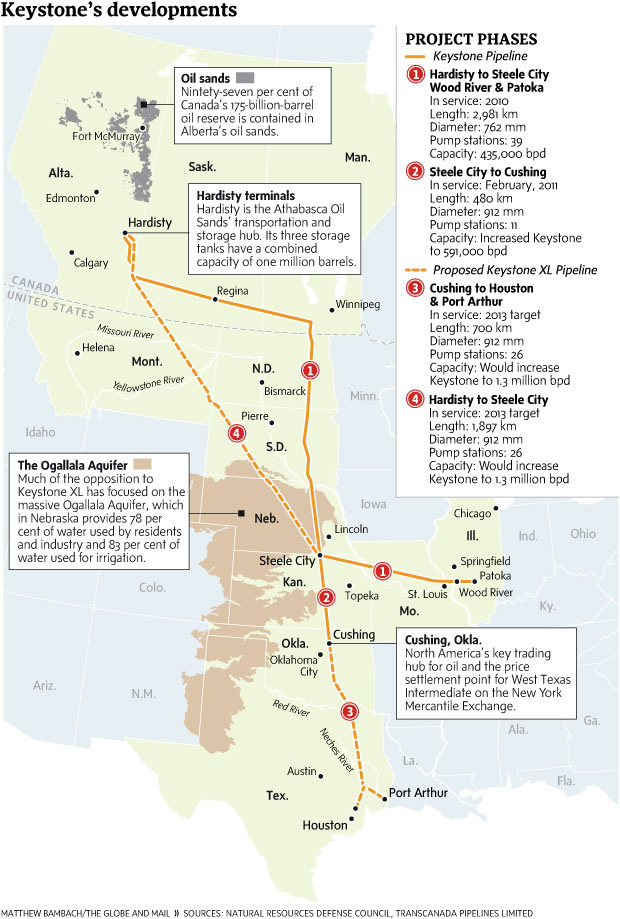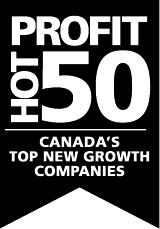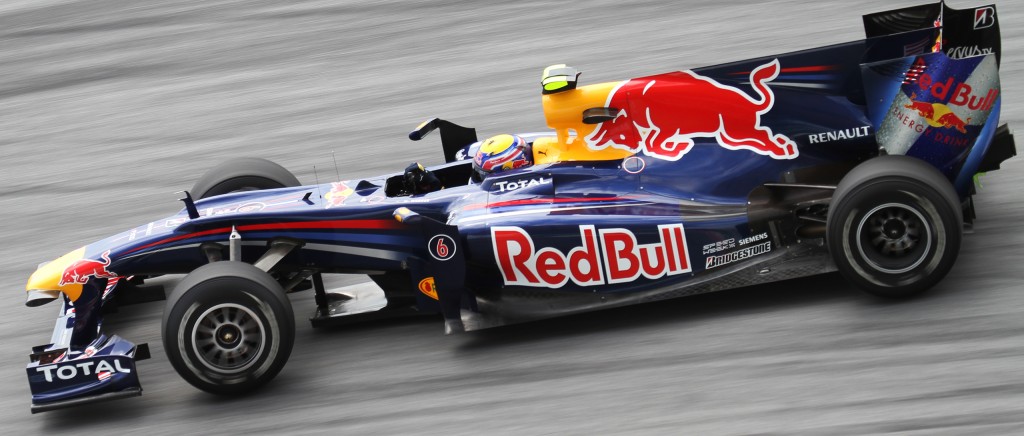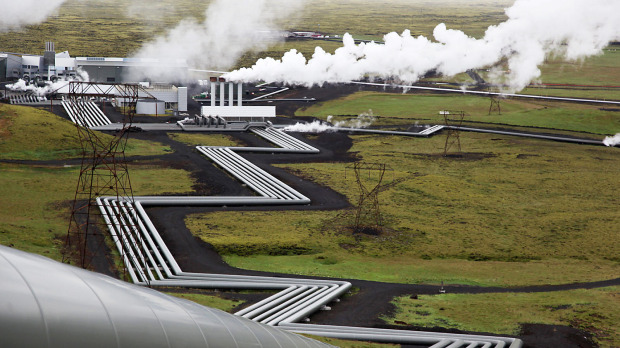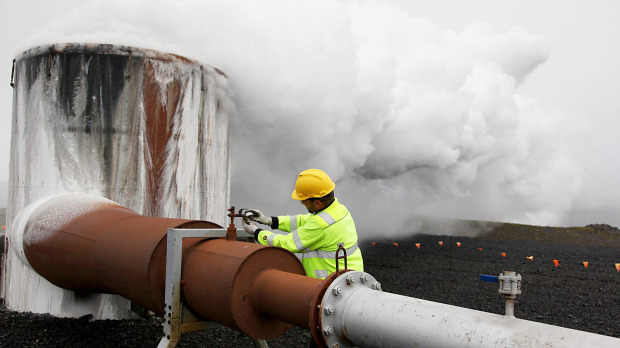Recently I came across the TOMS shoes blog. There’s tons of interesting posts about how they’re making the world a better place; however, one that caught my attention was an entry about Movember. There was all sorts of facts about men’s health, and the coolest part was that they’re producing special edition shoes for the occasion. There was also personal stories from some of their employees discussing what Movember means to them.
This further solidified my feeling that TOMS is such a forward-thinking company. They are of course known for their One For One program, the cornerstone of the franchise (For every pair bought, another pair is donated to a child in need). Also, TOMS has many smaller projects, such as partnering with university clubs.
My interest in TOMS was really sparked after attending a presentation about creative capitalism. I was amazed by Blake Mycoskie’s vision, and his passion for improving children’s lives. In this day and age, our world needs many more people like him. I’d like to be rich someday too, but I’d love to get there by helping our world, not destroying it. The 99% camping on Wall Street may have a point here.


